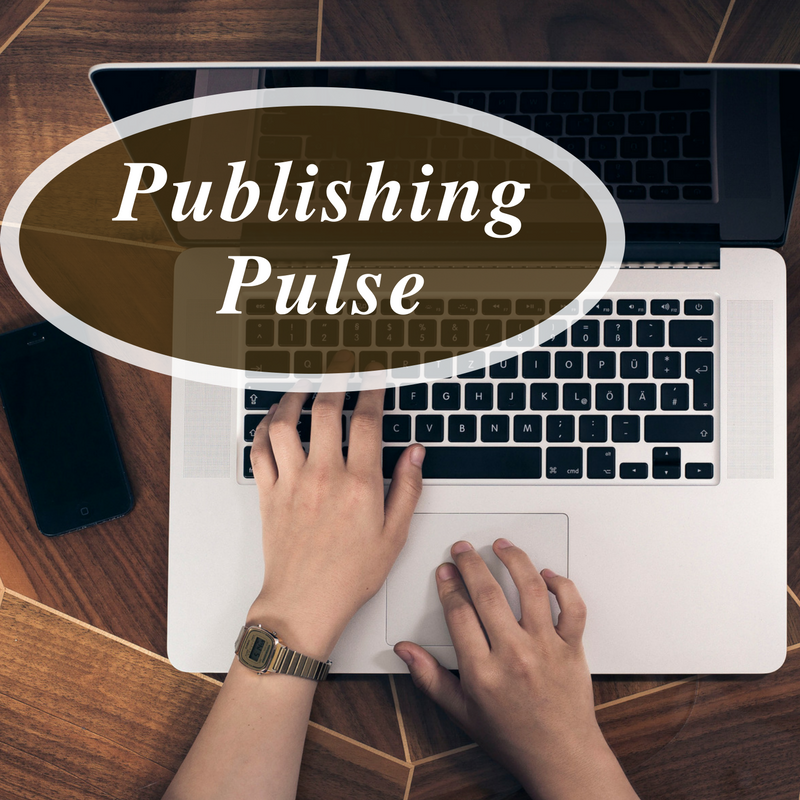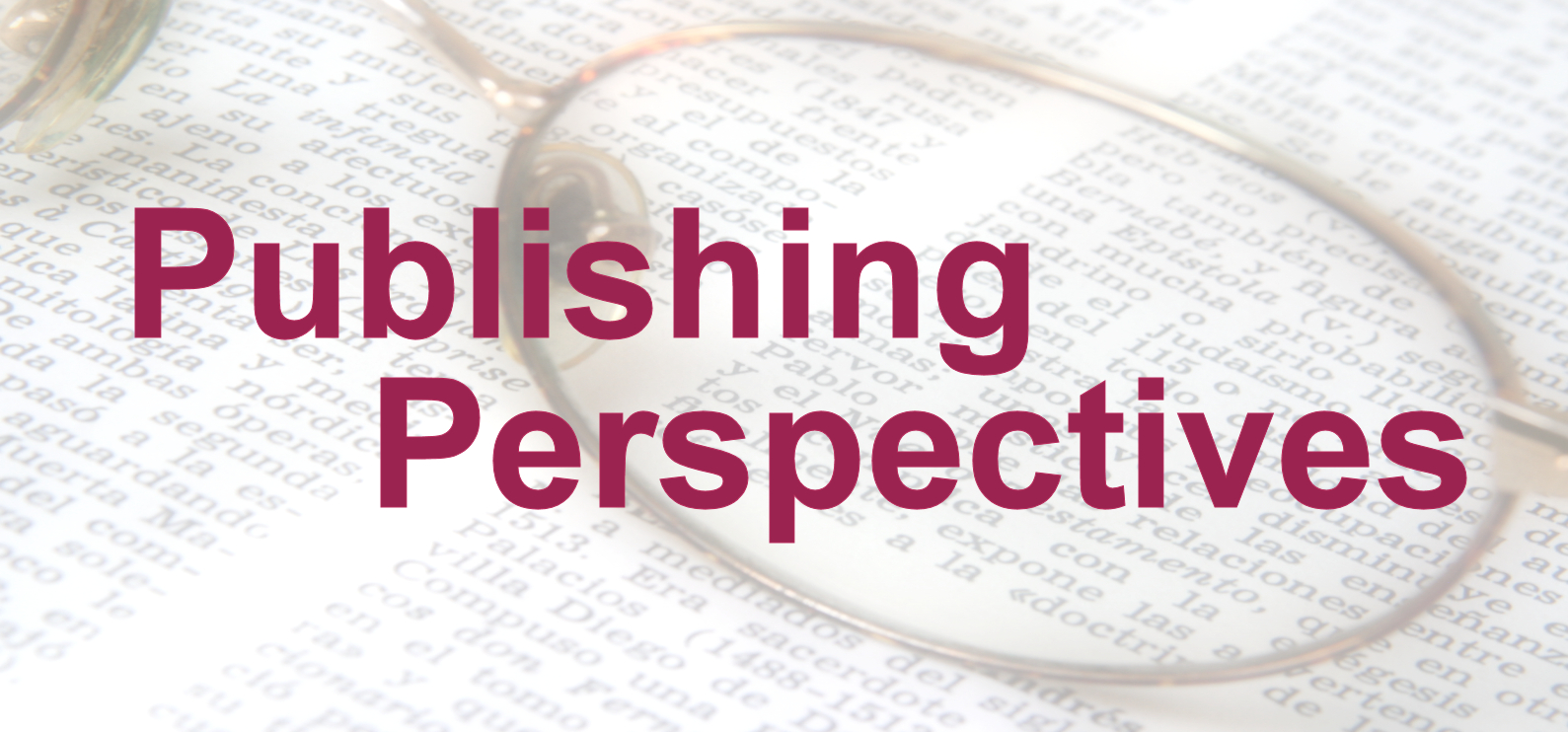
Book Proposals
Get Connected to Publishing People
Within the publishing community, who you know is almost as important as what you know. Yes, it is important…
September 26, 2022
Within the publishing community, who you know is almost as important as what you know. Yes, it is important…
September 26, 2022
I don’t think many authors have a clue about how rugged the economic terrain is for the average publishing…
December 12, 2018
Every time I read an article from Publisher’s Weekly about trends in Christian publishing, especially fiction, I find myself…
August 12, 2018
Book authors are hearing more and more voices telling them to self-publish and “reap the profits that traditional publishers…
June 12, 2018
Welcome to Publishing Perspectives! I’ll be talking about all things publishing. Let’s start with an overview of the publishing…
July 21, 2017